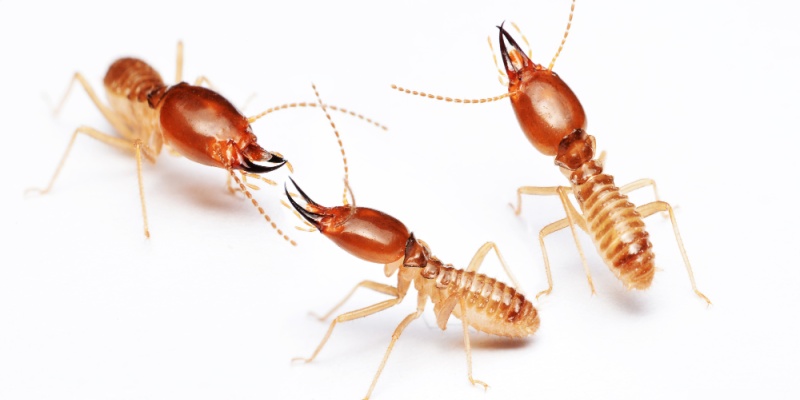


Termites are often called "silent destroyers" because of their ability to consume wood, flooring, and even wallpaper undetected. For homeowners, the thought of termites silently causing havoc within the structural integrity of their homes is a constant worry. Regular termite inspections are crucial in detecting early signs of termite activity, preventing extensive damage, and saving considerable repair costs. But how often should these inspections occur to effectively safeguard your home? This blog delves into the recommended frequency of termite inspections and why they are vital for maintaining a termite-free home.
Termites thrive in different climates and are found in almost every state in the U.S., with varying species causing distinct types of damage. Their relentless feeding can compromise the structural stability of homes, often resulting in costly repairs if left unchecked. Early detection through regular inspections is key to controlling these pests and mitigating their destructive impact.
The National Pest Management Association (NPMA) recommends that homeowners have their property inspected for termites at least once a year. This annual inspection can help identify signs of termite activity or conditions conducive to termite infestations, such as moisture issues and wood-to-soil contact around the home's perimeter.
However, certain factors may necessitate more frequent inspections:
A professional termite inspection involves a thorough examination of your home, both inside and out, to detect any signs of termite activity or vulnerabilities in your property that could invite termite infestations. Inspectors look for signs such as:
Following the inspection, the pest control professional will provide a detailed report of their findings, including any evidence of termite activity, potential risk factors for future infestations, and recommendations for termite prevention or treatment if necessary.
While homeowners can take proactive steps to reduce the risk of termite infestations, such as eliminating moisture sources and removing wood-to-soil contact around the property, professional inspections are invaluable. Pest control experts have the training, experience, and tools necessary to identify termite activity that untrained eyes might overlook. Additionally, they can offer tailored solutions and treatment plans to address any identified issues, ensuring your home remains protected against these destructive pests.
Regular termite inspections are a critical component of home maintenance, protecting your investment from the silent threat of termite damage. An annual inspection is generally recommended for most homes, but consider more frequent inspections if your home is at higher risk due to location, construction, or history of termite issues. Engaging the services of a local, professional pest control company – such as PermaKill Exterminating – for these inspections provides peace of mind, knowing that your home is being monitored and protected against the potential devastation termites can cause. Don't wait until signs of damage appear; proactive termite inspections are key to maintaining a safe, sound, and secure home.